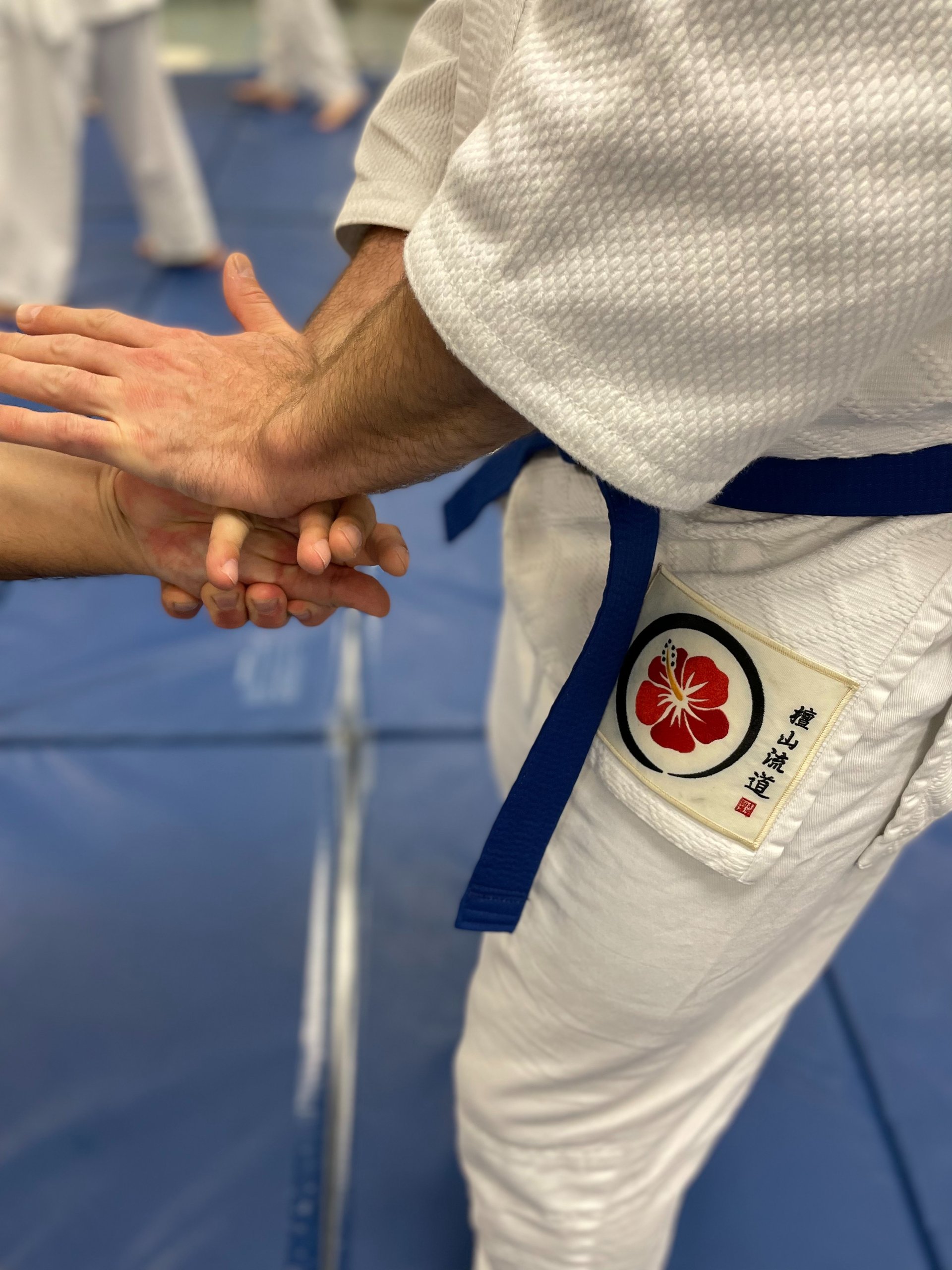Two Lines
Change what you can
“Anyone who practices Judo should neither be afraid of the strong nor despise the weak; nor should he act contrary to the strength of his enemy because of the art he has acquired.”
In 1979 a renowned Hollywood reporter, Joe Hyams, published the book “Zen in the Martial Arts”. In his book a lesson is revealed in 3 pages that has stuck with me for at least as many years. The story is not mine to tell and I encourage you to read these few pages for yourself; however the message is worth exploring further. It’s a lesson that is incredibly useful when the ego is triggered and negative thoughts begin to flow.
The metaphor used in the brief anecdote describes two parallel lines where one is longer than the other. One of the lines represents yourself and the other belongs to someone to which you have chosen to compare yourself against. These lines represent skill, talent, capability, or whatever it is you seek to compare; the insinuation is that we are comparing to see who has the longer line.
When we assess that our line is shorter there are two strategies we may pursue. The first is to attempt to reduce the length of our rival's line. When this choice is made a difficult, if not impossible, path is initiated. We are working in an area where we have little, if any control. Essentially we’re trying to reduce the other’s capability even though by our own assessment our resources (knowledge, skill, talent, capability) are at a deficit; yet we behave as if they are not. That sounds a lot like acting contrary to the strength of our “enemy”, making attempts to counter where our opponent is strong rather than where he is weak.
If we assess that’s ours is the shorter line an alternative option is to close the gap by lengthening our own line. By making this choice our focus remains on us. Energy, effort, and resources are focused on improving our capability, knowledge, skills, and talent rather than making attempts to reduce another’s.
The choice we make may provide insight about how we regard ourselves. Perhaps the decision to reduce our opponent’s line indicates a lack of self-confidence or maybe we’re just being lazy. If the choice is made to lengthen our own line it reflects self-confidence, willingness to take initiative, and a desire to seek self-improvement. Furthermore, the choice we make may inform us as to what kind of Jujitsuka we really are.
Danzan Ryu embraces the concept of kokua; which introduces ideas such as cooperation, helping others without personal gain, and charity. How can that idea exist in our lives, how can we manifest kokua if the choice we make is to engage in a struggle to shorten other people’s lines. Perhaps the lesson is to cultivate self-awareness, and sensitivity in detecting the urge to shorten other’s lines.
A self-awareness of this reflex and an earnest decision to lengthen our own line will make us more successful in our endeavors and more pleasant to be around.

